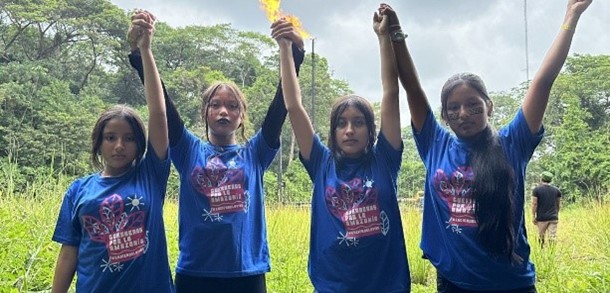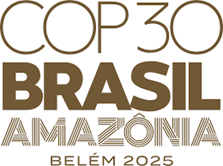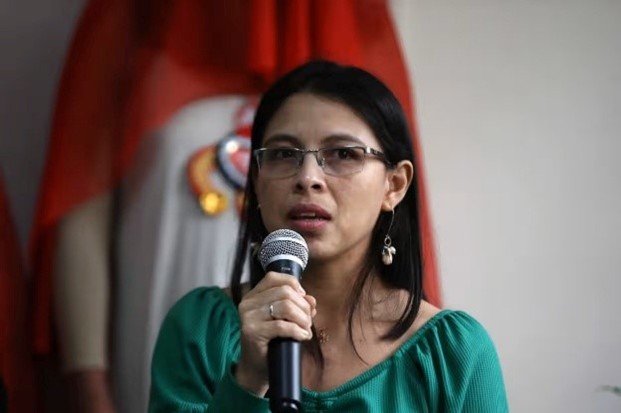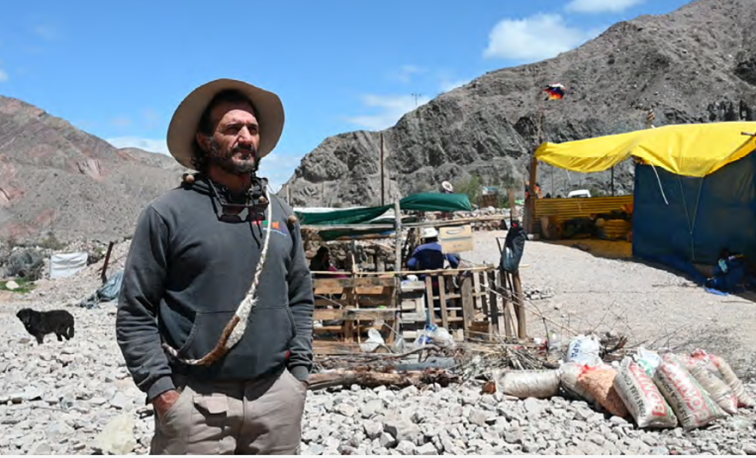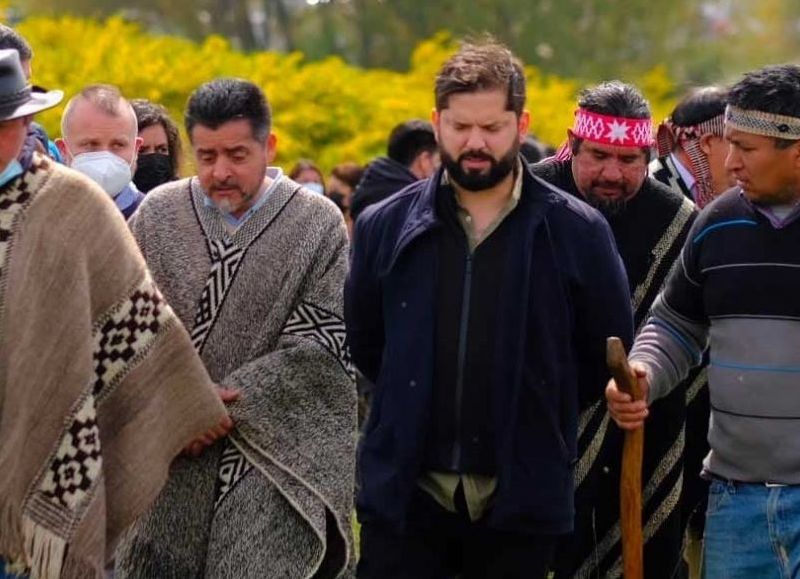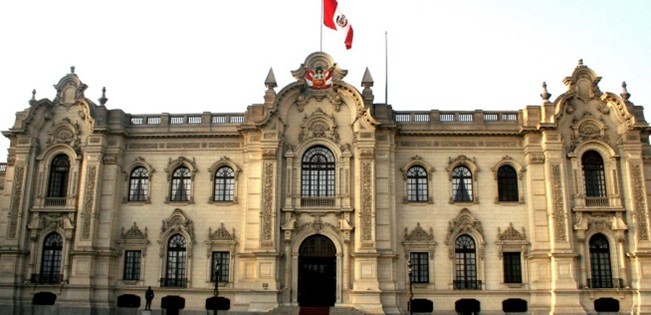This month we bring you news from Bolivia, Argentina, Chile, Peru, Ecuador, and Venezuela
Highlights are:
- A new study details how lithium mining in Argentina, Bolivia, and Chile has caused severe and ongoing human rights impacts, especially for indigenous peoples and the environment.
- In Chile, three police officers have now been convicted for the brutal beating of Moisés Órdenes during a peaceful protest in 2019, ruling they used disproportionate force but stopping short of labelling it torture
- President Javier Milei has vowed to veto a $98 million increase in funding for the national public health system, passed by Congress.
- In Peru, The amnesty bill, which was approved by the country’s congress last month, has been passed into law following signature by President Boluarte. The legislation prevents the criminal prosecution and conviction of former soldiers, police officers and self-defence committee fighters accused of serious human rights violations; Amnesty has strongly criticised the legislation.
- In Ecuador, Human Rights Watch has reported that oil extraction is continuing in the heart of Yasuni National Park in the Amazon rainforest despite a vote by the Ecuadorian people in 2023 to halt all current and future oil drilling
ARGENTINA, BOLIVIA and CHILE
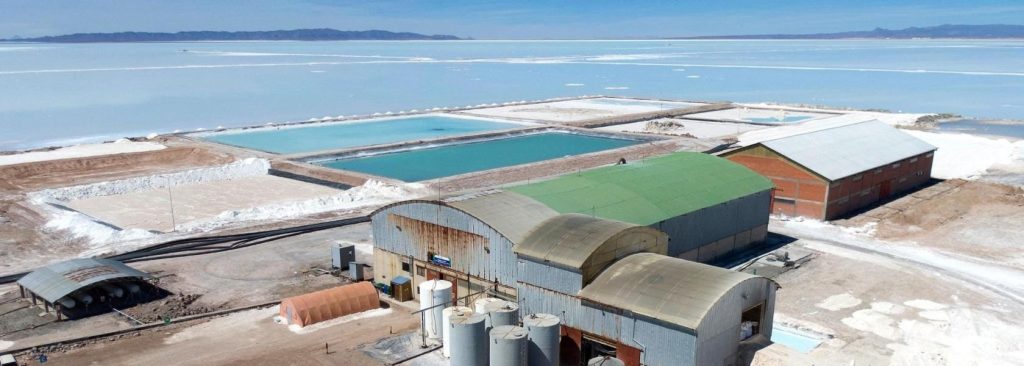
A new study details how lithium mining in Argentina, Bolivia, and Chile has caused severe and ongoing human rights impacts, especially for indigenous peoples and the environment. The report highlights failures both by states and companies to respect, protect, and fulfil rights, and calls for urgent structural reforms and international accountability. Otherwise, the surge in demand for lithium will be at the expense of those most directly affected by extractive activities on the Andean salt flats, which indigenous peoples have historically inhabited.
Environmental defenders are met with violent repression and harassment for denouncing the lack of consultation, information and compensation. In Argentina, the Jujuy province is within this lithium triangle and the subject of Amnesty’s recent report. Bolivia has the world’s largest lithium reserves, but its production is relatively low. In northern Chile, a lithium partnership between state-owned copper producer Codelco and lithium miner SQM was temporarily suspended in July. Two Indigenous groups filed legal challenges, arguing that the consultation process did not adequately seek their input on the partnership.
CHILE
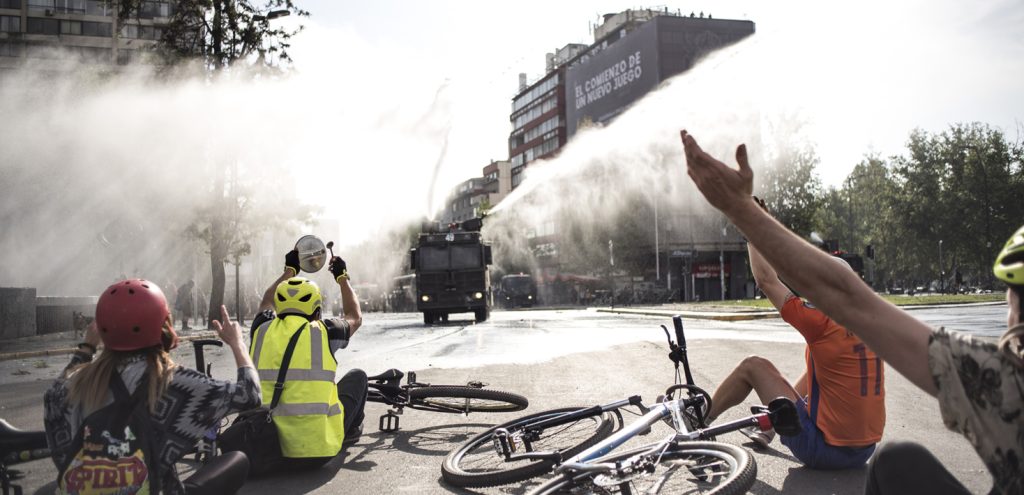 Three police officers have now been convicted for the brutal beating of Moisés Órdenes during a peaceful protest in 2019, ruling they used disproportionate force but stopping short of labelling it torture. One officer was also found guilty of obstructing the investigation and falsifying records, while most of the original defendants were dismissed from the case. Amnesty International welcomes the verdict as a step toward justice but warned that impunity for human rights violations in Chile remains a serious problem. It calls on the state to ensure truth, justice, and full reparation while preventing future abuses during demonstrations. [Read more…]
Three police officers have now been convicted for the brutal beating of Moisés Órdenes during a peaceful protest in 2019, ruling they used disproportionate force but stopping short of labelling it torture. One officer was also found guilty of obstructing the investigation and falsifying records, while most of the original defendants were dismissed from the case. Amnesty International welcomes the verdict as a step toward justice but warned that impunity for human rights violations in Chile remains a serious problem. It calls on the state to ensure truth, justice, and full reparation while preventing future abuses during demonstrations. [Read more…]
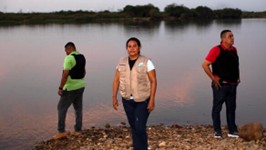 Amnesty has called on the Colombian Government to ensure the safe return to their territory of 26 families of fisherpersons living near the lakes and rivers surrounding the city of Barrancabermeja who were forcibly displaced to Bucaramanga, the capital of the Santander department on 24 June. On February 15, the fishers’ association FEDEPESAN had warned that a collective forced displacement was imminent due to harassment, threats, robbery, extortion, and even attempted murder, committed by armed groups seeking control of the waters or retaliating against those exposing potential cases of pollution and corruption affecting the environment. Please support the
Amnesty has called on the Colombian Government to ensure the safe return to their territory of 26 families of fisherpersons living near the lakes and rivers surrounding the city of Barrancabermeja who were forcibly displaced to Bucaramanga, the capital of the Santander department on 24 June. On February 15, the fishers’ association FEDEPESAN had warned that a collective forced displacement was imminent due to harassment, threats, robbery, extortion, and even attempted murder, committed by armed groups seeking control of the waters or retaliating against those exposing potential cases of pollution and corruption affecting the environment. Please support the 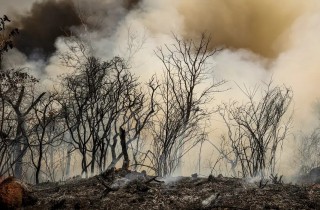 Amnesty called on President Lula da Silva to veto the ‘Devastation’ bill
Amnesty called on President Lula da Silva to veto the ‘Devastation’ bill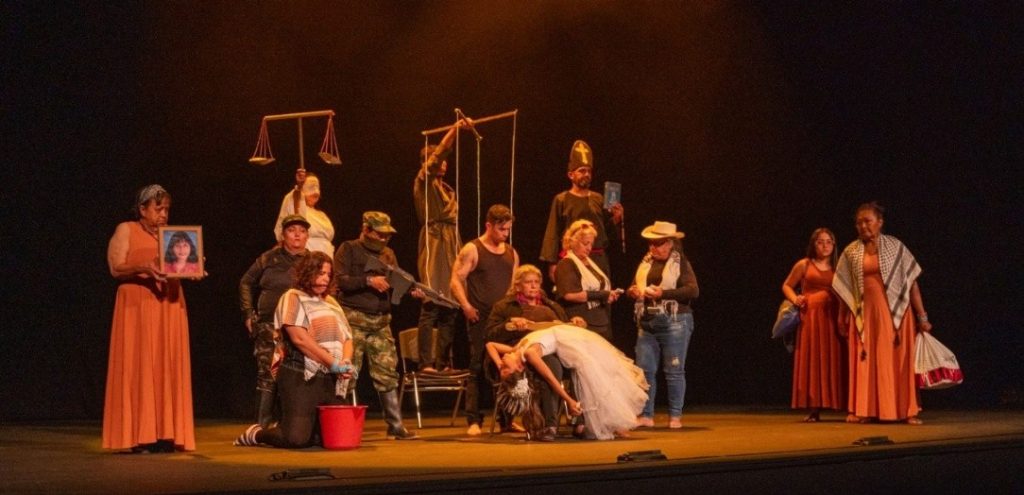 While acknowledging that Colombia has been the first country in the world to approve a law recognising the work and rights of women searchers for victims of enforced disappearance,
While acknowledging that Colombia has been the first country in the world to approve a law recognising the work and rights of women searchers for victims of enforced disappearance,  Amnesty has released its
Amnesty has released its 